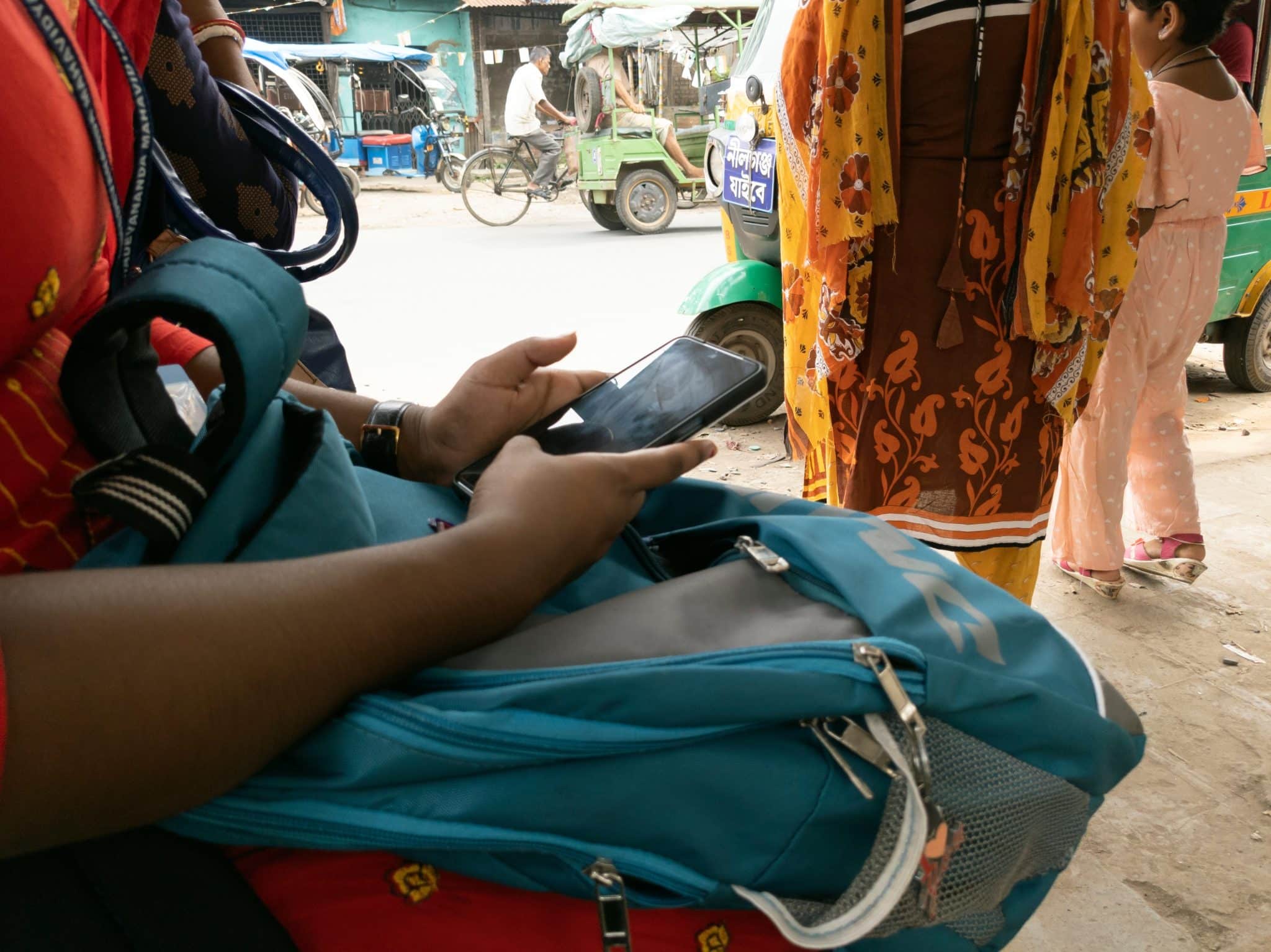Emerging Models of Digital Public Infrastructure Highlighted at Global Summit

New Delhi, November 2023 - The concept of Digital Public Infrastructure (DPI) is gaining traction worldwide, with significant models emerging from low and middle-income countries, predominantly in the Global South. A recent analysis by The Atlantic Council points out that these countries are leapfrogging traditional development methods by adopting novel indigenous systems integrated with new technologies and best practices.
At the recent Global DPI Summit, as reported by DPI.Africa.com, the theme was clear: Africa and similar regions are bypassing legacy systems to build more inclusive, interoperable, and privacy-focused digital infrastructures. This approach was highlighted by Co-Develop CEO C.V. Madhuker, who urged the 101 countries present at the summit to introduce a DPI solution by the next meeting in 2025, according to GovInsider.
The Atlantic Council’s South Asia Center has been instrumental in discussing and promoting DPI through various working groups focusing on digital government, trade, payments, and more. Their brief examines several successful DPI models:
India Stack: Known for its massive scale and impact on financial inclusion, it has facilitated over 500 million bank account openings through the Pradhan Mantri Jan Dhan Yojana (PMJDY) program.
Brazil's Pix: Launched by the Central Bank of Brazil, Pix has become a central example of effective digital payment infrastructure, handling over 3 billion transactions monthly by the end of 2022.
Estonia's X-Road: This platform supports Estonia's digital government, allowing significant voter participation from home during the 2023 elections. Its architecture avoids single points of failure, promoting resilience through a peer-to-peer system.
The importance of public-private partnerships was emphasized, with Nigeria’s National Identity Management Commission DG Bisoye Coker-Odusote stressing the need for private sector involvement to enhance capacity and knowledge transfer.
The Atlantic Council recommends fostering competition and collaboration through these partnerships, alongside thorough national readiness assessments for digital transformation. They advocate for user-centered DPI design and the sharing of insights and experiences to further global DPI development.
Key takeaways from the summit, as reported by GovInsider, include DPI's potential to address both national and international issues, the necessity for open and interoperable protocols, and the benefits these bring to regional integration. However, defining DPI remains fluid, presenting challenges in its documentation and standardization.
Sabine Mensah from the Afrikanenda Foundation highlighted the role of open-source technologies in maintaining digital sovereignty and control over data, crucial for the sustainable development of DPI systems.
As DPI continues to evolve, these insights and models from the Global South are setting a precedent for inclusive, efficient, and innovative digital governance worldwide.
